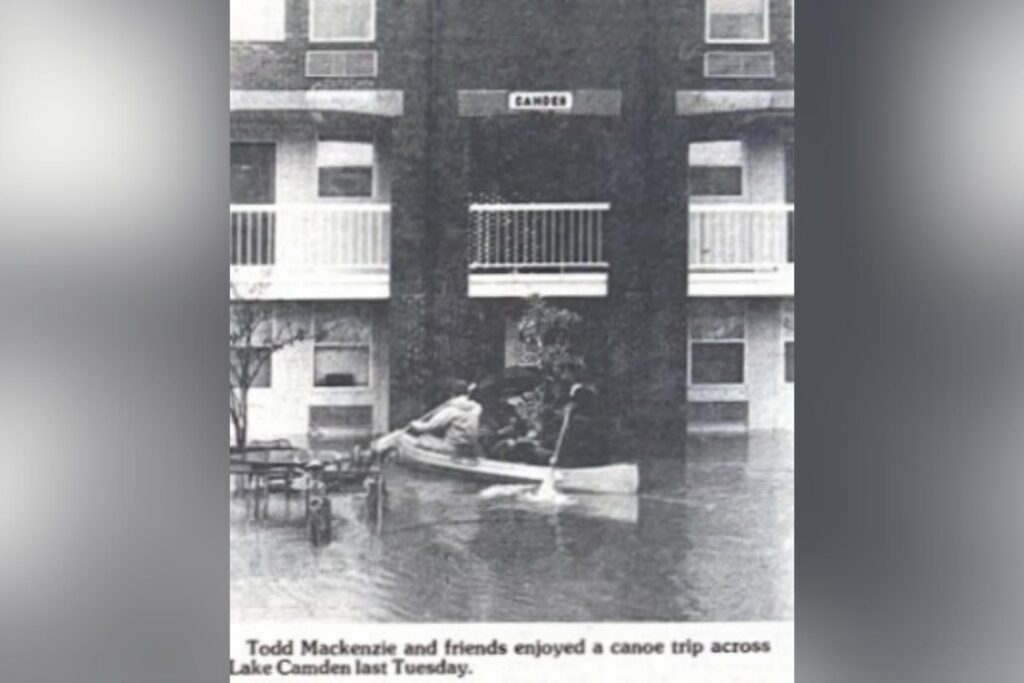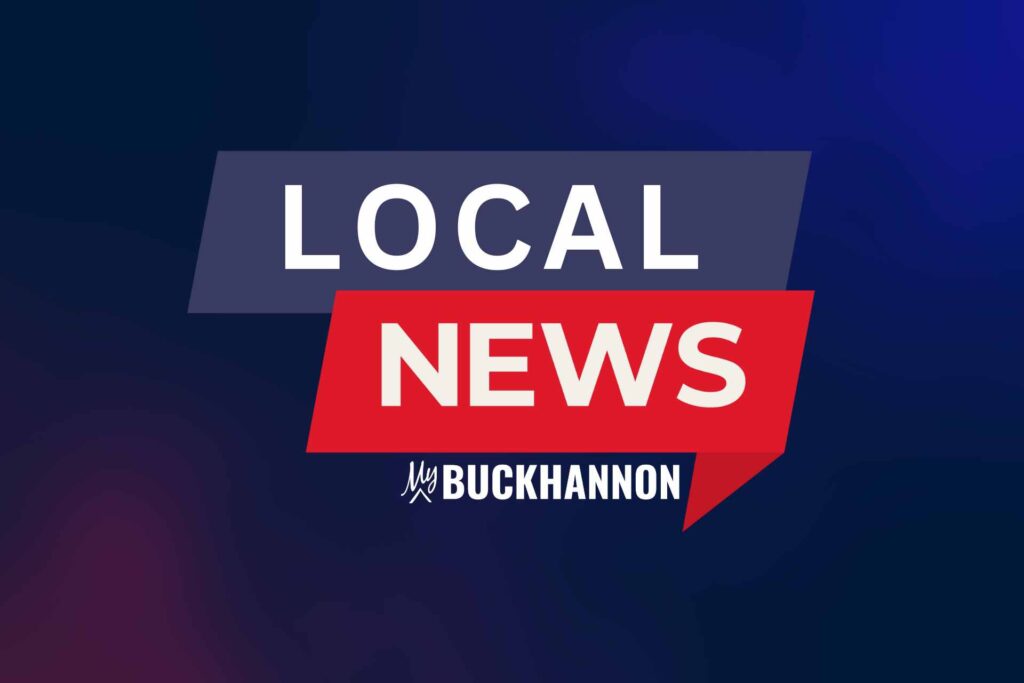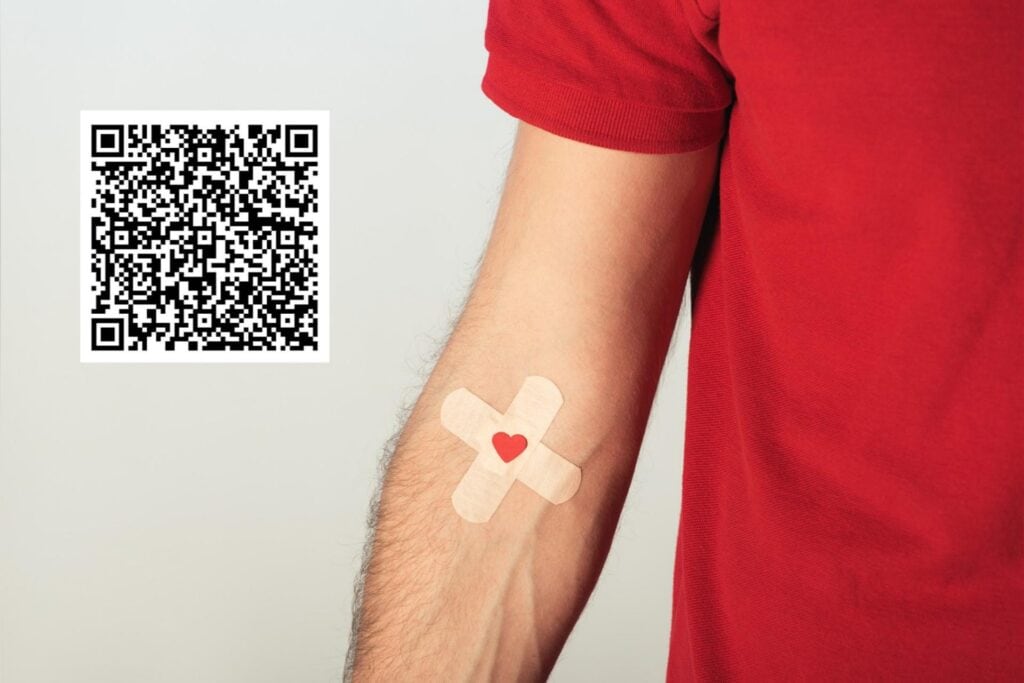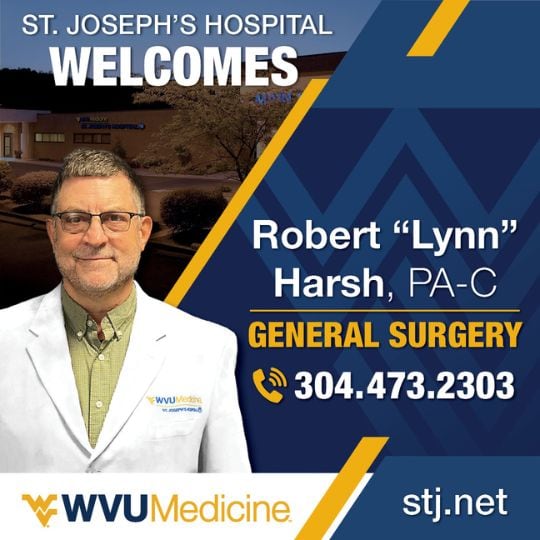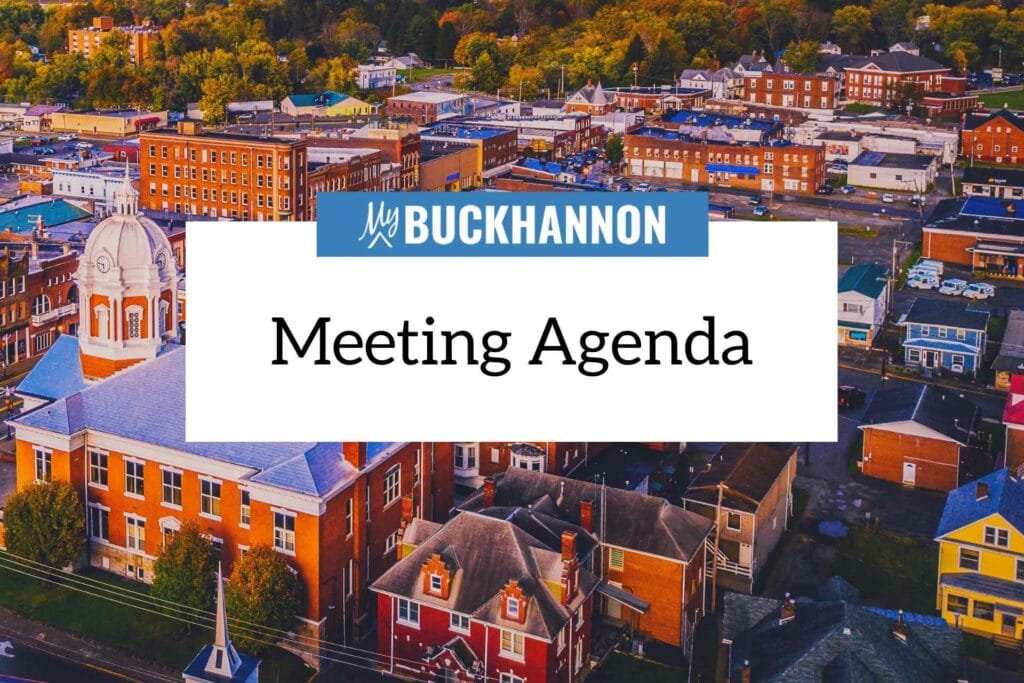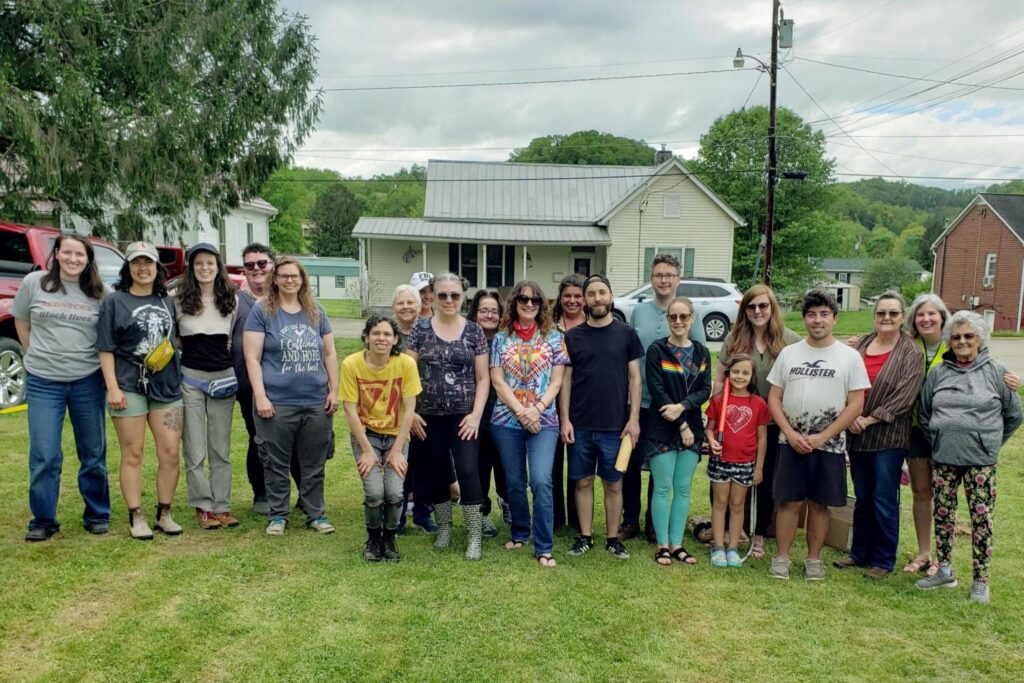BUCKHANNON – West Virginia Wesleyan College is partnering with Aetna Better Health of West Virginia and Community Care of West Virginia to introduce a new master’s degree in Clinical Mental Health Counseling.
The collaboration involves a $1.2 million project investment from Aetna Better Health of West Virginia and Community Care of West Virginia, and Community Care has signed a Memorandum of Understanding with Wesleyan to support the program by offering positions to each student who completes the degree, after accreditation approval.
Representatives from WVWC, Community Care and Aetna discussed the lack of professionals in the mental health field in West Virginia at a press conference Friday to announce the new partnership.
“Nationwide, there’s one mental health professional for every 400 people, but in West Virginia, there’s one for every 770 and in our service range, where Community Care covers, there’s one for every 1,434,” Rick Simon, chief executive officer for Community Care, said. “What West Virginia Wesleyan is going to be able to do over the next few years is help people who are in crisis throughout Central West Virginia – all of West Virginia.”
Todd White, CEO of Aetna Better Health of West Virginia, said they currently serve over 200,000 Medicaid recipients and over 30,000 of them are in foster care.
“Our care management staff are scattered all throughout the state, and they really struggle to help coordinate the services and get these kids in the care they need, just because of the staffing shortages,” White said. “We were thrilled to get Dr. Moore and Rick [Simon] together in a room and hammer out this idea, and I think this truly brings out the heart of West Virginia, how quickly this has come to fruition and hearing that we could possibly have our first students in August or September.”
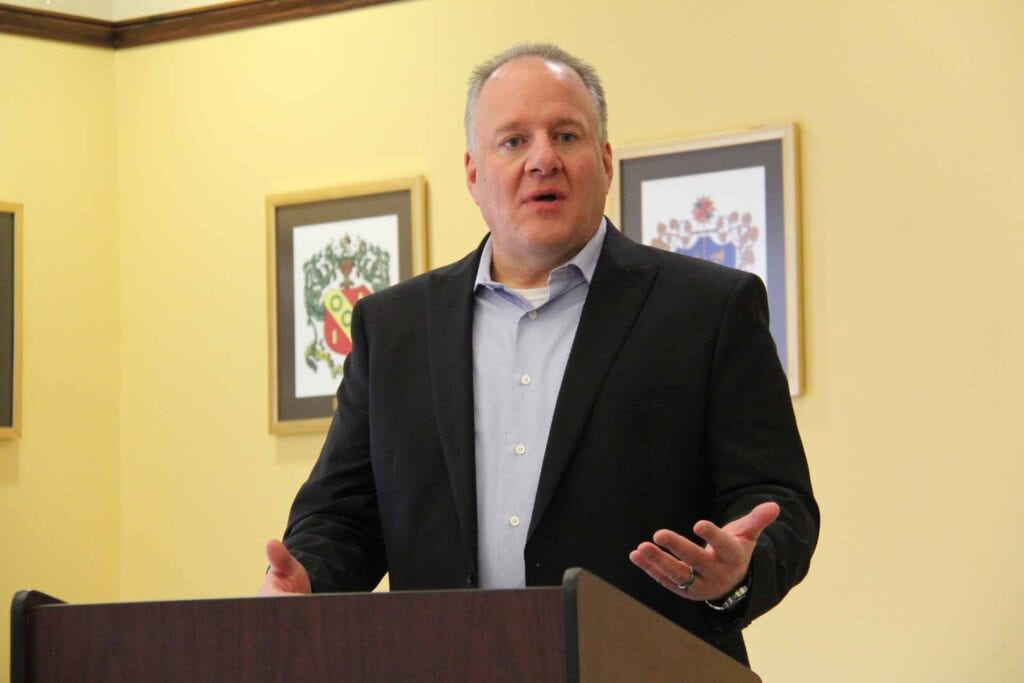
Interim president of West Virginia Wesleyan College Dr. James Moore said he was glad there was something Wesleyan could do to facilitate the training of future mental health professionals.
“It was so gracious of Aetna and Community Care to make this investment, and it’s our job to provide the solution to this challenge we all know we’re facing and sometimes it’s easy to lose sight of the importance that higher education institutions play in solving problems and in providing solutions to problems,” Moore said. “We value teaching here at West Virginia Wesleyan College, but it’s been great to work with these awesome partners to provide a solution to the mental health crisis.”
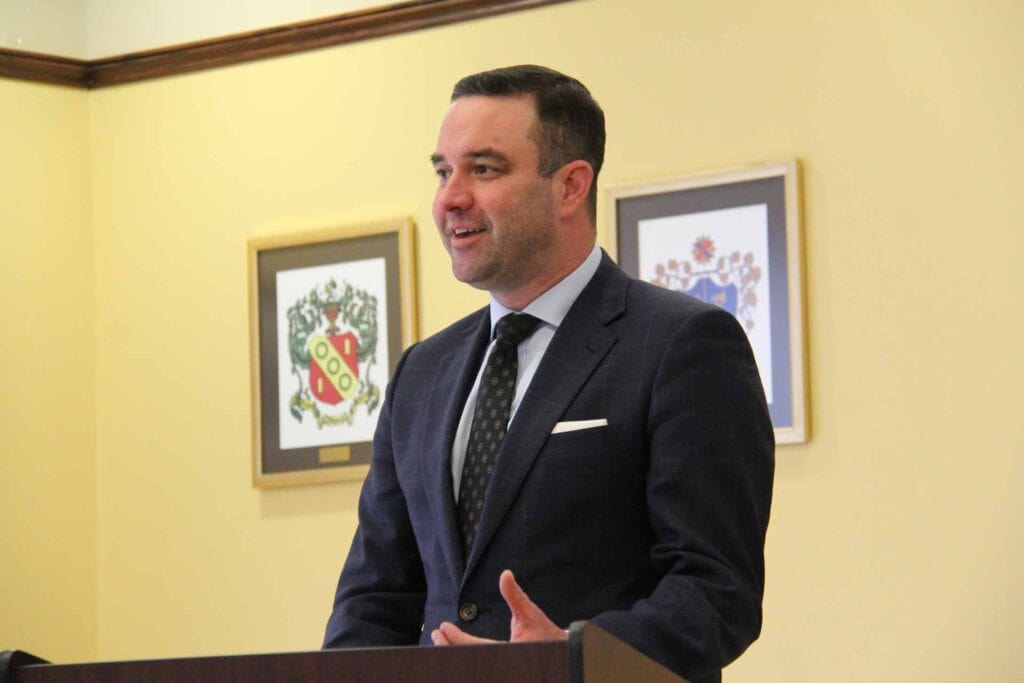
Moore said there are six-month-long waiting lists to see a counselor in West Virginia.
“We all know there are shortages in so many of our most needed professions right now — teachers, nurses, critical care professionals, and yes, we feel this shortage probably more acutely than many others,” Moore said. “There are six-month waiting lists to see a counselor, and I’m personally very grateful that I have a long relationship with my counselor. I’m so thankful for her, and I can’t imagine what it would be like if I had to wait six months to get in to see her, so we can and we will attack this problem head-on.”
Psychiatrist Dr. Kevin Junkins, chief medical officer of behavioral health with Community Care, reviewed a series of statistics, which highlighted why West Virginia needs an enhanced mental health care presence in the state.
“In 2020 in West Virginia, the age-adjusted mortality rate for overdose deaths is at 1.4 persons per 100,000; the next closest state to that was Kentucky, and Kentucky’s number was 49.2, so we have 81.4 and the next closest state is 49.2,” Junkins said. “We’re in the top 10 for suicide rates at about 19.4 per 100,000 and 22 percent of West Virginians experienced poor mental health days for more than 14 days of the month, so a quarter of our population spends half their time having poor mental health days.”
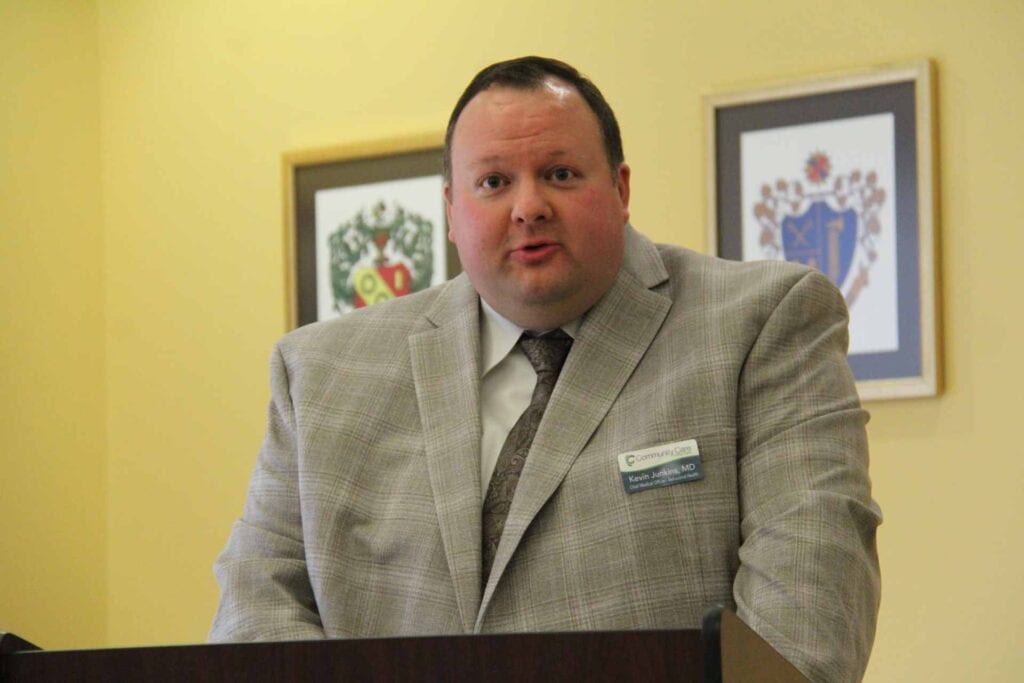
He said some statistics show the state is nearing 50 percent of children who are not living with their biological parents.
“This morning, when I looked at the foster care dashboard it was 6,000 West Virginians, but of course, we all know there’s a problem – there’s been a problem – and we’ve made progress as a collective mental health community within the State of West Virginia, but there was this global pandemic that came and it changed the momentum and trajectory for a lot of us,” Junkins said. “We do not have an adequate workforce to meet the needs, and the biggest barriers to growth have been access to a quality and competent mental health workforce and that has especially affected our rural communities.”
You can read more about the new partnership here.







